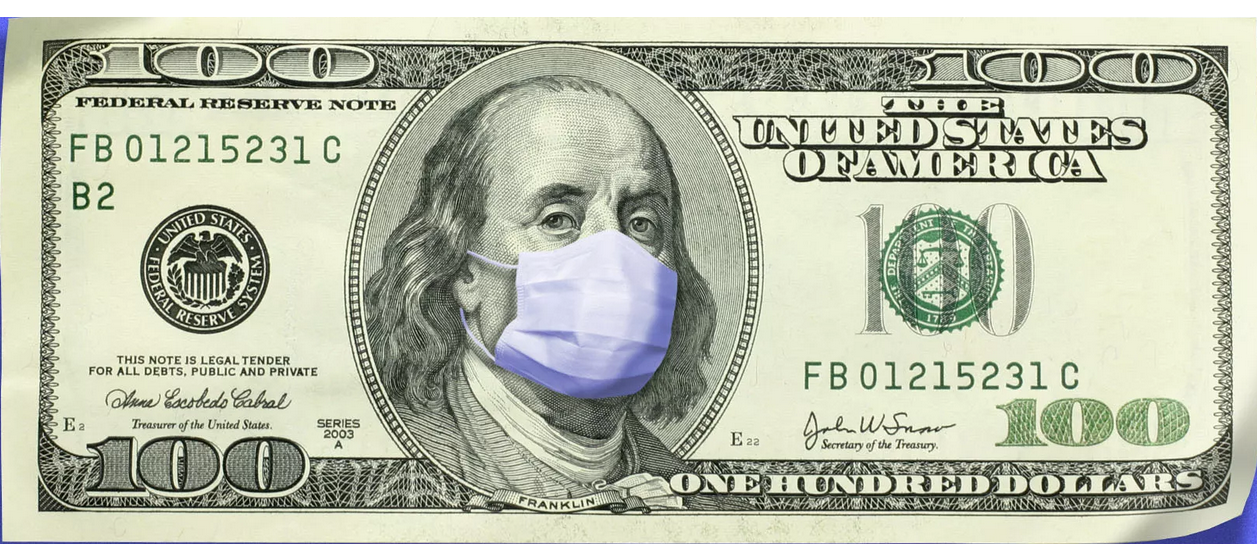WSJ reports

At the height of the virus crisis, the whole idea was to try and get the money out to as many Americans possible, as quickly as possible.
But even then, there were plenty of cases of delay and what not that you figure they were working mostly to get the right amounts paid to everyone. Alas, that is not the case.
It seems like US states' have overpaid the unemployment relief claims over the spring and summer, and though the money have long been spent, they are asking for repayments or those in question will see their current benefits cut to make up the difference.
I don't see a total reported amount and likely the states themselves are having a tough time trying to consolidate these errors. But in the bigger picture, if these "debts" are not going to be waived, they are going to weigh more on the US consumer.
A case in point highlighted by the WSJ report (may be gated):
Autumn Stull owns a maternity and children's consignment store in Golden, Colo. It temporarily closed in March when the state went into lockdown, so she applied for benefits through the Pandemic Unemployment Assistance program, which allows self-employed individuals to collect aid. She resumed operating in May by appointment, and returned the store to fully open after a gradual process that began in late June.The weekly checks helped Ms. Stull pay things such as rent and business insurance while her husband paid most of their personal expenses. Her check was cut in early September, from $618 a week to $223, and she discovered a notice on her account saying that she had been overpaid and now owed Colorado $8,972.The state had added together her 2018 personal income, which was around $12,000, with her business income, and based her benefits on the higher sum, according to documents reviewed by The Wall Street Journal. Colorado later acknowledged the overpayment and sent Ms. Stull an updated benefit statement listing her 2018 income as $0 and cutting the weekly payment.
It's unbelievable yet believable at the same time.